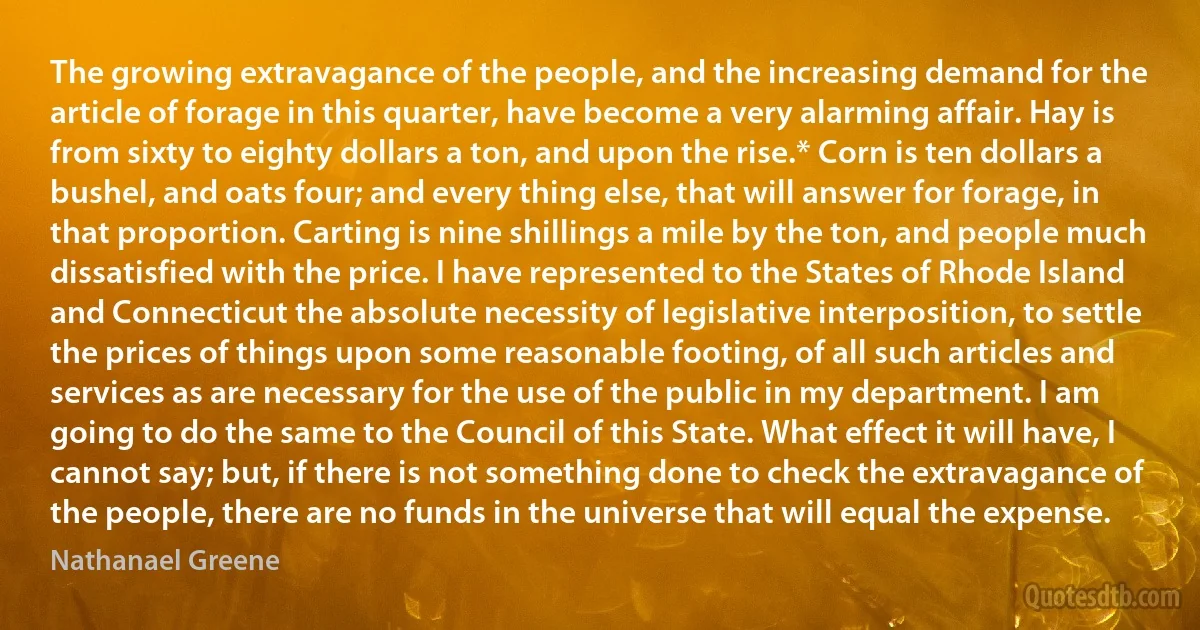Connecticut Quotes
I lived in a town called New Canaan, which is just outside of Connecticut, where they are far too snobby to even mention celebrities. Many American towns are famous for things like, "See the World's Largest Ball of String!" I think my town's would probably have to be "Most Pretentious People".

Katherine Heigl
I was born in Darien, Connecticut, but in 1959, when I was four, my parents moved to the suburbs of Toronto. Then, in the late 1960s, they bought a cottage in a resort/trailer park in the Kawarthas region of Ontario, and we moved up there. I wrote a book about it in 2000 called 'Last Resort: Coming of Age in Cottage Country.'

Linwood Barclay
Harriet lived in Connecticut and influenced antislavery in her book "Uncle Tom's Cabin." Harriet was a optimist who expressed her feelings by writing. Harriet was listed as one of the people who started the civil war. She started it from one of her books (It was the most influencial book in all of American History) However, Harriet was a very successful person and never stood down.

Harriet Beecher Stowe
I'm able to paint so nice and thick with those big splodges that stay upright because I mix my own paint. I use the formula that the seventeenth-century painters used and I've added one or two things myself. A very important element is stand oil. I once got hold of a whole barrel full and I'm still using it. There are pots of it in all my studios, in New York, in Connecticut, in Monaco, and in Tuscany. [the oil had been found when an old paint shop closed down, in a] stock that had been there since the seventeenth century... I mix my oil paint with it, and I throw in a lot of eggs and some concentrated turpentine. It's as thick as homemade mayonnaise. When it dries it is as tough and hard as rubber.

Karel Appel
Thank you all. I want you all to know; it can't go any louder. I want you all to know that America today, America today is on bended knee. In prayer for people whose lives were lost here, for the workers who work here. for the families who mourn. This nation stands with the good people of New York City and New Jersey and Connecticut as we mourn the loss of thousands of our citizens.

George W. Bush
A canvas map lay under my helmet with its four silver stars. Only five years before on May 7, as a lieutenant colonel in civilian clothes, I had ridden a bus down Connecticut Avenue to my desk in the old Munitions building. I opened the mapboard and smoothed out the tabs of the 43 divisions now under my command. They stretched across a 640-mile front of the 12th Army Group. With a china-marking pencil, I wrote in the new date: D plus 335. I walked to the window and ripped open the blackout blinds. Outside the sun was climbing into the sky. The war in Europe had ended.

Omar Bradley
[T]here is more to me than just a tabloid girl. This whole "Poor lonely Jen" thing, this idea that I'm so unlucky in love? I actually feel I've been unbelievably lucky in love. Just because at this stage my life doesn't have the traditional framework to it - the husband and the two kids and the house in Connecticut - it's mine. It's my experience. And if you don't like the way it looks, then stop looking at it! Because I feel good. I don't feel like I'm supposed to be any further along or somewhere that I'm not. I'm right where I'm supposed to be.

Jennifer Aniston
My present opinion favors the following disposition of the troops for winter-quarters. The garrison here should consist of Patterson's, Learned's, Clinton's, and the North Carolina brigades, which, I believe, will forma force sufficient for the purpose. If the horse is posted in Connecticut, as seems to be thought on, I think the troops coming from Rhode Island, in con junction with the horse, will form a sufficient covering party for the exposed parts of Connecticut and Westchester. I would only wish Clinton's brigade to be here, because it may interest the inhabitants to furnish supplies in the winter, and to encourage the militia to turn out with spirit, should the enemy make a sudden move towards the post. The connection between the army and country will have an influence in both these respects.

Nathanael Greene
Should the enemy make any considerable detachments from New York, a larger covering party may be necessary for the State of Connecticut, as I should have more apprehensions of their committing depredations, if they detach, than if they do not; for then they will have nothing left but to play the small game.

Nathanael Greene
Your Excellency will find, after detaching a proper force for this place, a covering party for the State of Connecticut, and the other necessary guards for King's Ferry, stores, and posts of communication, your force will be greatly inferior to that of the enemy; and it will be growing more and more so as the service of the soldiers expires. It will be necessary, therefore, to endeavour to remedy, by the strength of ground, the deficiency of force.

Nathanael Greene
Mr. Douglas incessantly remembers to inform us in every speech he has made for a year past that, when the Constitution was formed, all the thirteen States but one recognized slavery by law; but he incessantly forgets to add that Pennsylvania in 1780 passed an act for the gradual abolition of slavery which freed everybody born in the State after its passage; that one day later Massachusetts decided that her Bill of Rights abolished slavery forever; that in 1784 Connecticut followed Pennsylvania, and Rhode Island at about the same time; that in 1792, soon after the Constitution was formed. New Hampshire, under her Bill of Rights, Vermont, by express assertion in her Constitution, New York in March, 1799, and New Jersey in 1804, gradually abolished slavery.

George William Curtis



